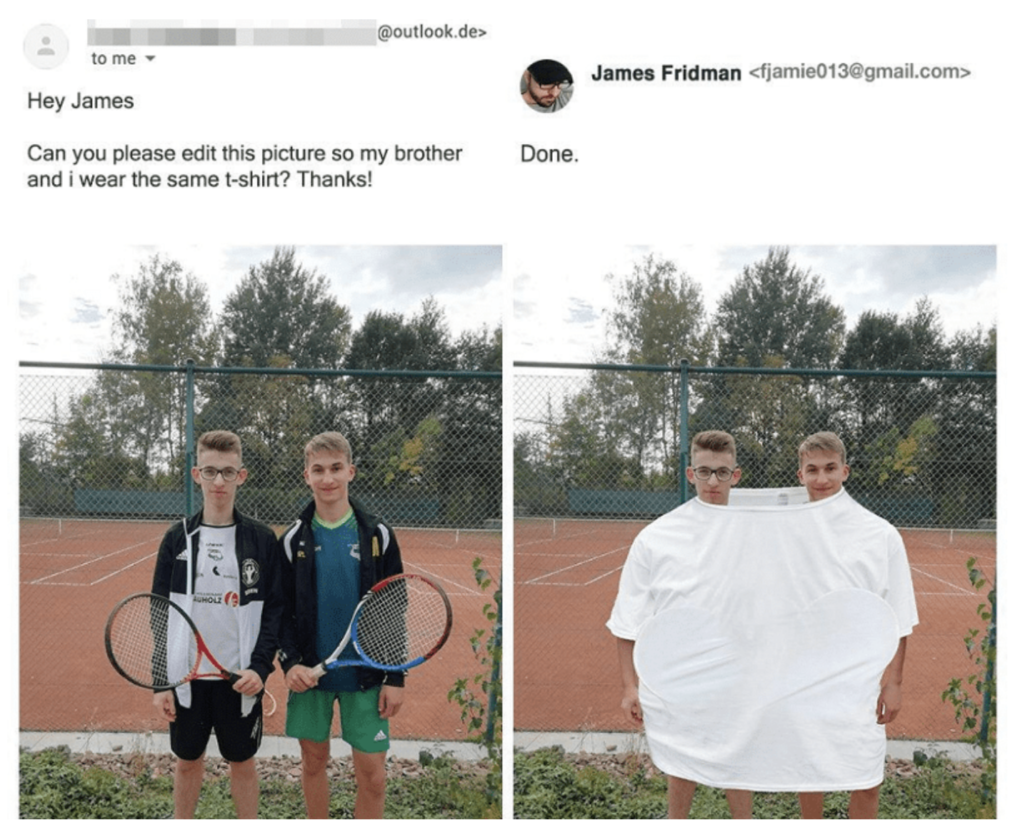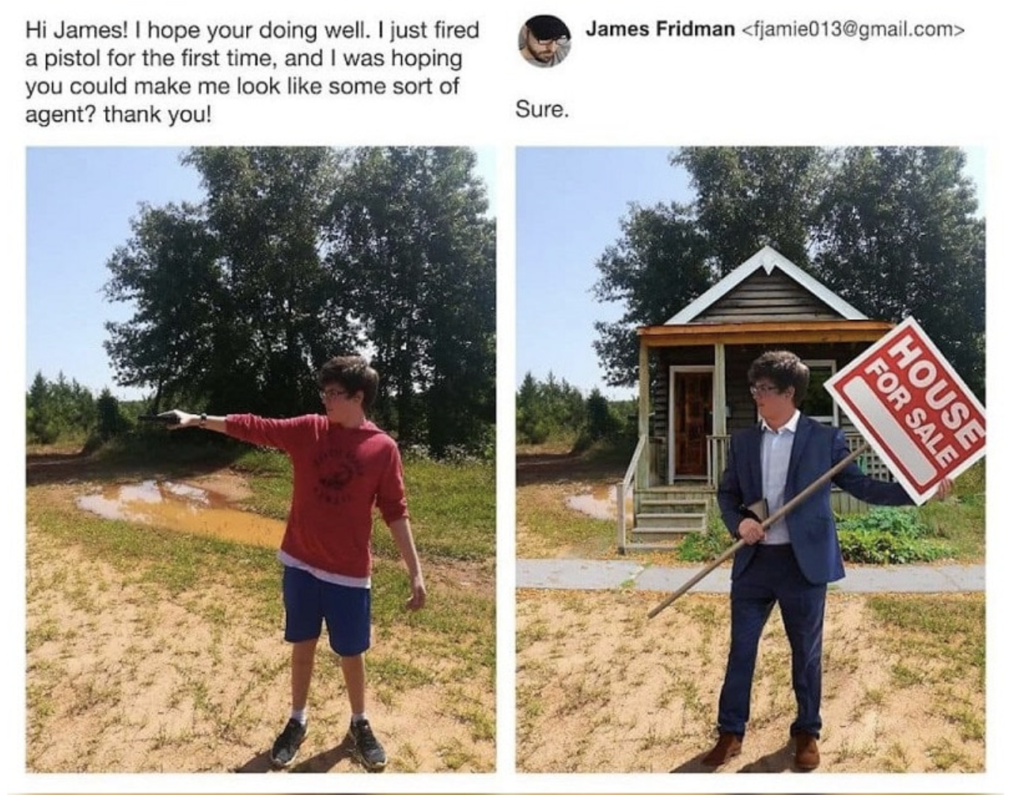In my work as an attorney I often encounter opposing attorneys who object to my written questions (interrogatories), insisting that they are “vague.” Opponents often make these objections in an attempt to avoid answering my questions or to slow down the progress of the lawsuit. I remind my law students that they will often encounter this unfortunate behavior when they graduate. When it is convenient for them, the people we communicate with often give us the least charitable readings of our words. This common occurrence is one of my least favorite parts of being an attorney. It eats up a lot of time and money trying to force motivated opponents to acknowledge common and ordinary meanings of words.
This isn’t just a problem for attorneys. Whenever any of us communicate, the attitude of the other person often determines whether we will get a responsive answer or no meaningful answer. Word meanings can easily be bent and twisted and it often happens when there is no ill-intent. Consider too the existence of contronyms, words that have some opposite or contradictory meanings, such as “bolt,” “dust” or “out.”
There is also a fun side to unreasonable misunderstandings. It can make for good comedy. Here’s an example from Monty Python’s “Holy Grail”:
One of the most entertaining uses of intentional misunderstanding is found in the work of photoshop artist James Fridman. Many people send James requests to improve their photos and James intentionally misunderstands their requests. Over and over. Here are a few examples of Fridman’s work:

and here . . .


Check out many more examples of Fridman’s work here.

